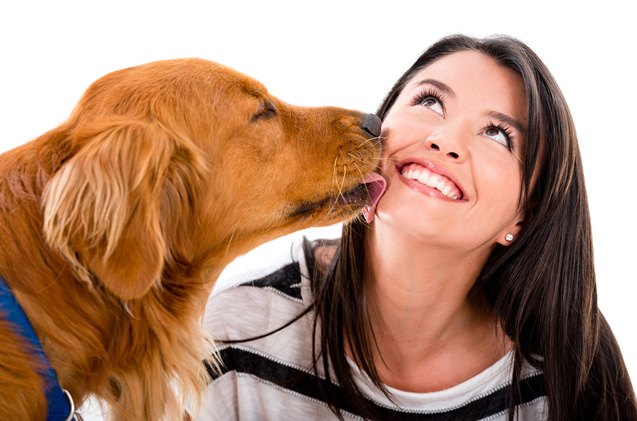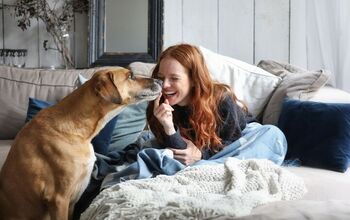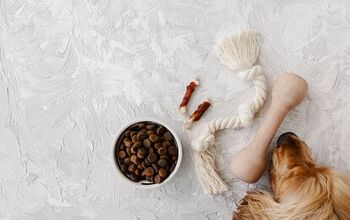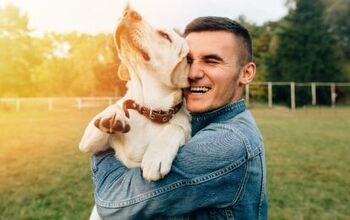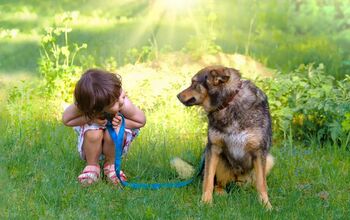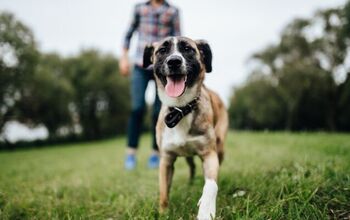Study Shows Dogs Prefer Owners Over Food

Most people get a dog because they are social animals. They come when called, wag their tails to show how happy they are that you are home, and will do anything to please their masters.
But how do you know that your dog is responding for the right reasons – because you want it to do something and your dog loves you, instead of for food or selfish reasons?
Scientists at Emory University in Atlanta decided it was time to find out. I imagine the scenario: they must have been sitting around talking about their dogs at the lunch table one day. Someone started complaining about how the new dog they got from the pound seemed to be motivated only by food. “Bruno only loves me for food. I’m so disheartened.”
Related: Decreased Sperm Count in Dogs Due to Dog Food Chemicals
And another said, “I just had an Einstein moment! Why don’t we study dogs to see what’s really motivating them?”
Another one at the table would have chimed in with the methodology: “Yes, we could give them praise – or food and see which part of their brain lights up on the MRIs.”
And with that, the study was born.
What Happened with the Study
The scientists at Emory University actually did run the study. They already knew that dogs brain activity in the ventral caudate part of the brain increases once the dogs know there’s a potential food reward coming and when they smell the aroma of the person who usually gives them a food reward.
Fifteen dogs were the ‘guinea pigs’ in the study. For Part 1, the dogs passively viewed objects that would give them either a food reward or praise from the owner. In Part 2, the dogs had the stimulus for praise from the owner but didn’t get the praise.
Related: Dogs Use Scent To Detect Low Blood Sugar In Diabetics
The idea was that dogs who valued social reward more would show greater activation of the brain center when an object representing praise was given to the dog. The second idea was that the dog’s brain would react greater to the time when praise was given rather than when it was expected but not given.
In Part 3 of the study, the dog had the option to choose food or praise willingly.
The dogs that preferred social interaction had the social part of their brain light up on their MRI scan. Those who preferred food had the food part of the caudate nucleus light up. Thus, the study was pretty true to science in that brain activity was consistent with behavior.
Thirteen of 15 of the dogs in the study showed greater or equal brain activity for praise than for food. The dogs preferred their owner over food.
The dogs that preferred their owner (confirmed with the brain activity) were predictable in their behavior. They wanted the owner, not food. The dogs that preferred the food found it difficult to go for the praise.
But some dogs were ambivalent and would take either food or praise.
What did we learn from all this? A few things:
- You really could have a dog that prefers food over you, but the probability that your dog will love you for you is higher.
- Whenever your dog is wagging its tail when you come home, it’s really due to him loving you for who you are – most of the time.
- If you want a better relationship with your dog, know if it’s praise or food driven and act accordingly.
[Source: Emory University]

More by Donna Schwontkowski



